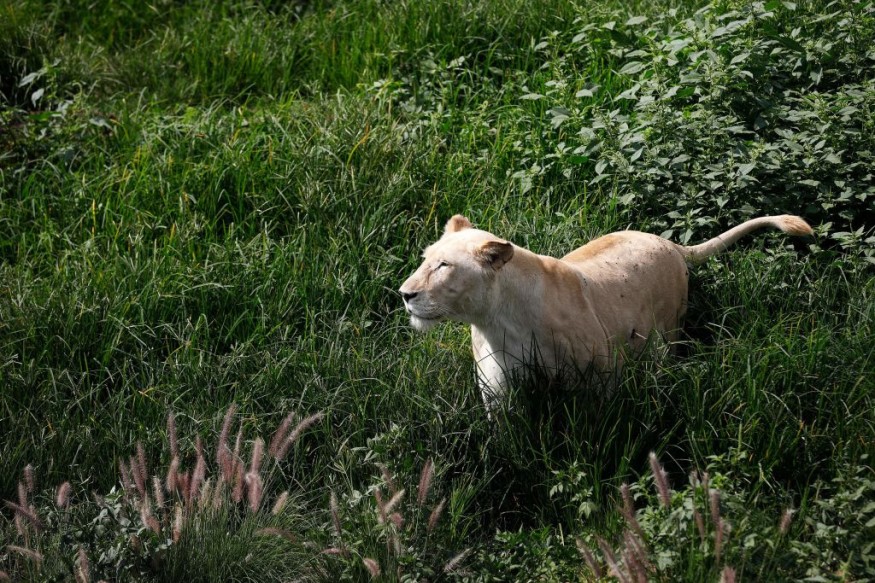
A new study suggests that mountain lions avoid sites with artificial light, even during the day.
The discovery adds to the list of issues confronting big cats in the region, where scientists have warned that they may become extinct within decades.
Artificial Lights
Large carnivores occupy large areas that are increasingly threatened by highways, residential development, and artificial light.
The researchers, in a study published in the journal Philosophical Transactions of the Royal Society B, wanted to know how artificial light at night and road proximity affect mountain lion habitat selection in a densely populated area like Southern California, which has over 20 million people.
They used the whereabouts of 102 radio-collared mountain lions that were tracked in California by wildlife veterinarians from the UC Davis School of Veterinary Medicine, the California Department of Fish and Wildlife, and other partners between 2001 and 2022.
They calculated the distribution of lions in relation to adjacent artificial lights, buildings, sky glow (diffuse light in the night sky from both natural and man-made sources), and moonlight.
The findings imply that fluctuations in visibility caused by moon cycles and sky glow are less relevant for mountain lions when choosing light landscapes than avoiding potential contacts with humans, which are reflected by the presence of adjacent lights on the ground.
"Overall, we found that mountain lions try to avoid zones lit artificially, possibly to avoid interactions with humans," said lead author Rafael Barrientos, an ecologist with the Universidad Complutense in Madrid, Spain, and visiting scientist at the Road Ecology Center.
He added that this has the potential to have a domino effect on the redistribution of species in the region as well as the services wildlife provides in this ecosystem.
A popular vote in 1990 resulted in a statute protecting mountain lions from hunting in California.
However, an earlier study by a team of researchers from across the state discovered that human-caused mortality was more common than natural death for this protected large carnivore, mostly due to conflict with humans over cattle and collisions with automobiles.
Read Also : Are Mountain Lions More Dangerous Than Humans? California Residents Startled by Large Feline Sightings
Crossing Structures
Previous research by University of California Davis and colleagues found that traffic-lion collisions and freeways that shut off Southern California mountain lions from possible mates drastically reduced their genetic diversity and compromised their survival.
The study has demonstrated that even when structures are in place to allow mountain lions to cross roads, light and noise can dissuade mountain lions from using these safe crossing barriers.
"The findings in this analysis should increase the incentive for highway agencies to block light that spreads into the habitat from roads at crossing structures," said mountain lion expert and co-author Winston Vickers, a wildlife veterinarian with the UC Davis School of Veterinary Medicine and its Karen C. Drayer Wildlife Health Center.
In addition, the deterring impact of light could be used to prevent livestock losses to mountain lions and the subsequent killing of mountain lions.
Related Article : Avian Influenza Outbreak Kills Four Mountain Lions, Infections from Birds to Mammals Continues
© 2026 NatureWorldNews.com All rights reserved. Do not reproduce without permission.





